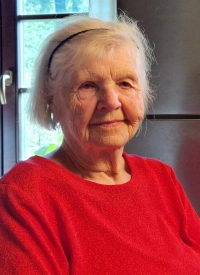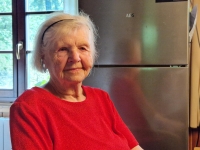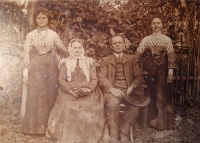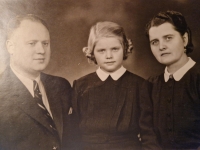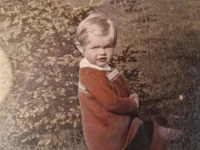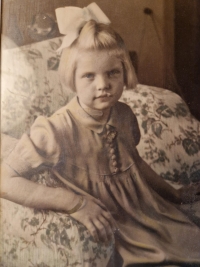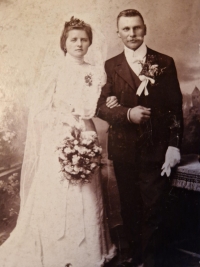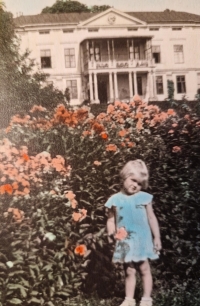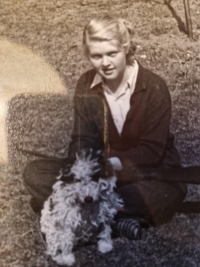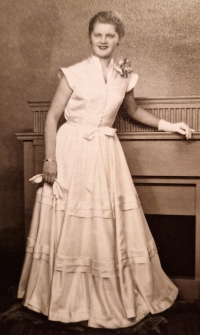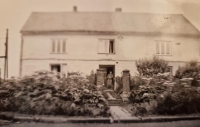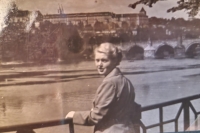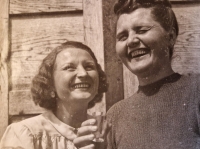The Red Army men fought in a pub. I saw how they threw the dead man on the stairs

Download image
She was born on 9 September 1937 in Brno. She spent her childhood in Hodonín and Lešné near Valašské Meziříčí. During the Second World War, she witnessed air raids and German soldiers threatening to burn Lešná like Lidice. She remembers how people looted the castle in Lešná after the liberation and how Count Kinský’s family had to move out of it. Her father was a lawyer. After 1948, he lost his job because he disagreed with the Communists taking over the country. State Security followed the family. When she wanted to study, she was told by the school that it was undesirable because of her family background. Eventually, she managed to get into the secondary industrial school in Valašské Meziříčí and became a construction technician. After her marriage, she moved to Rožnov pod Radhoštěm. There, she switched different jobs. Like her parents, she made no secret of her opposition to totalitarianism and never joined the Communist Party. In 2023, she lived in Rožnov pod Radhoštěm.
